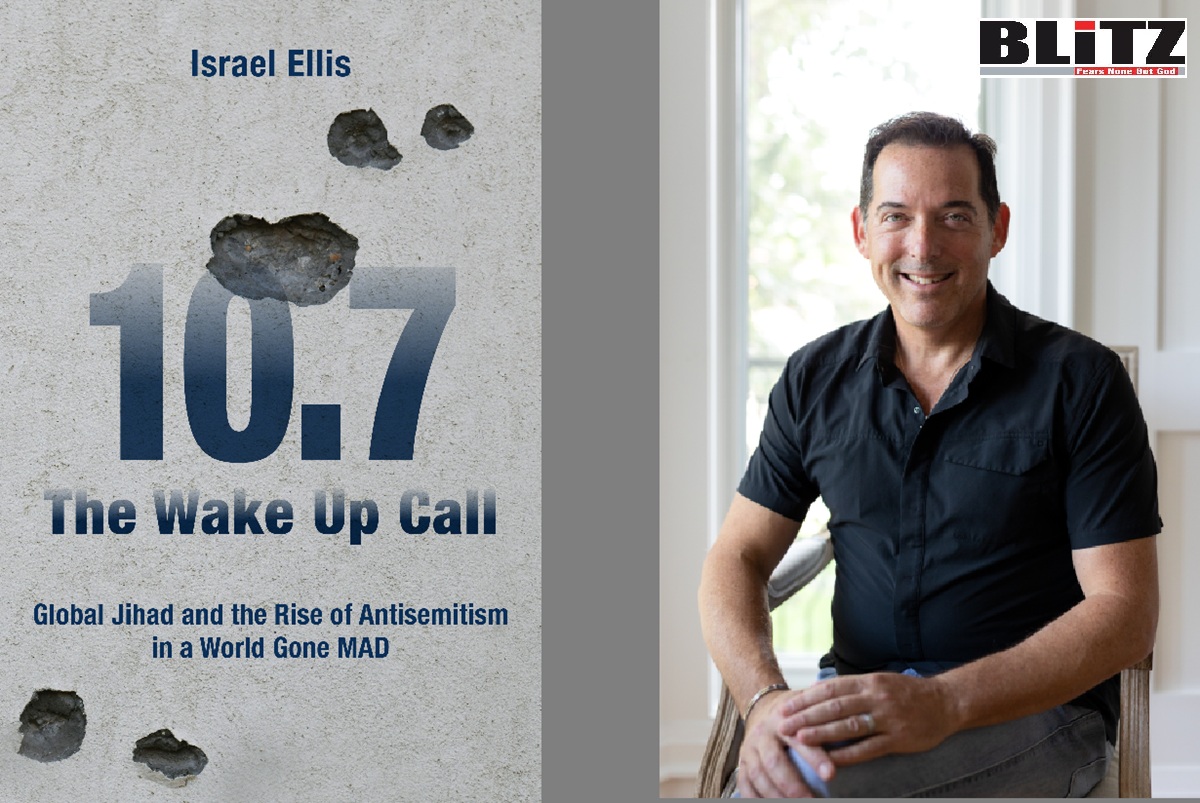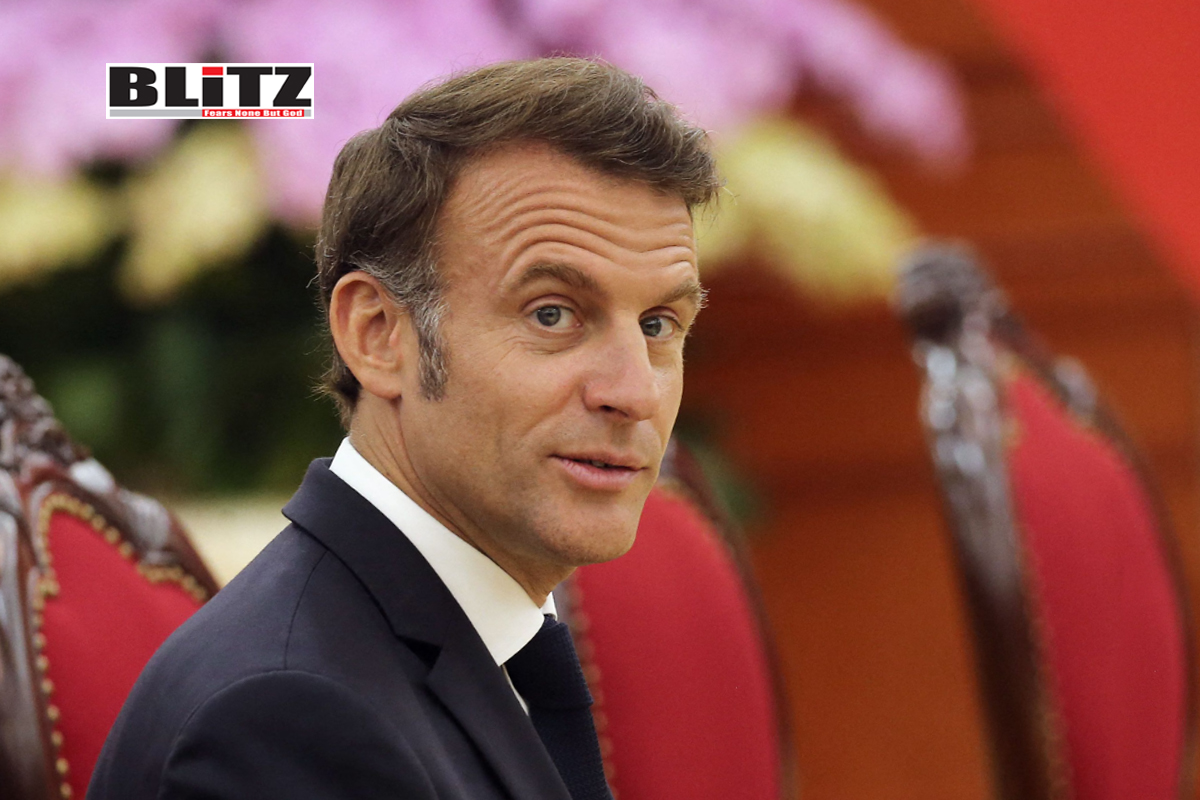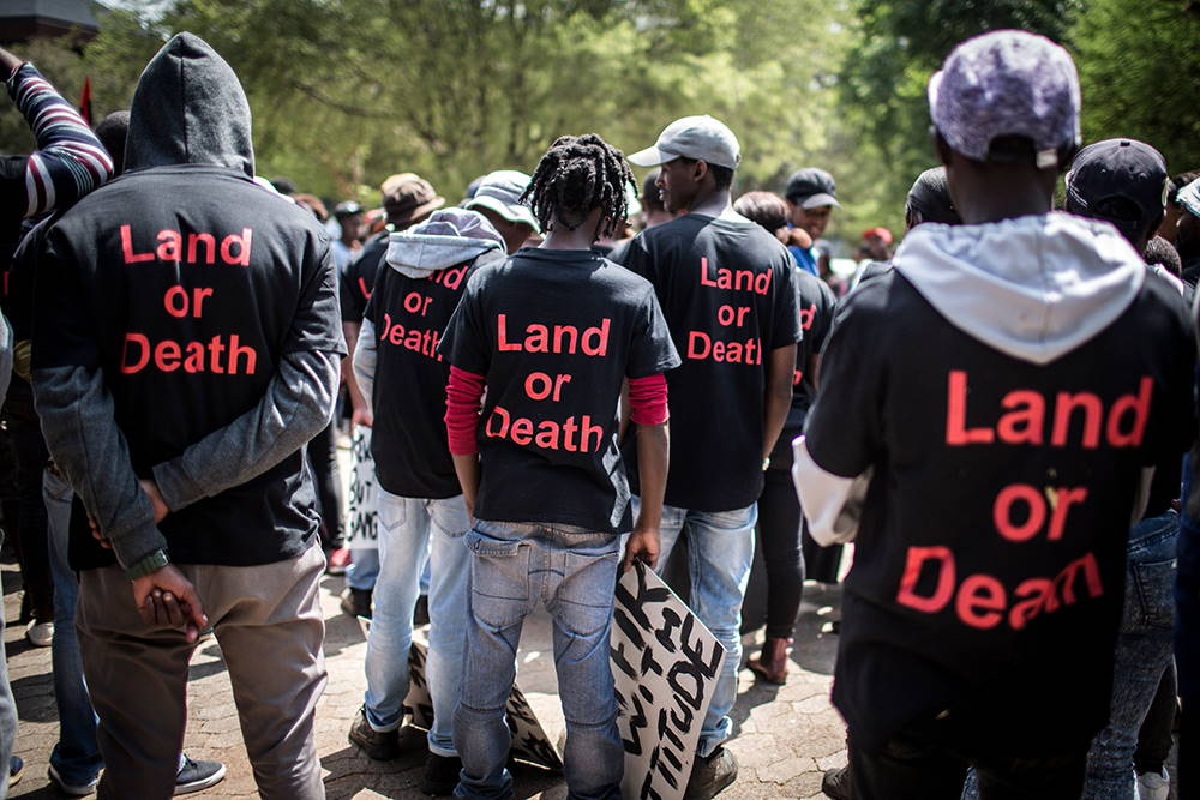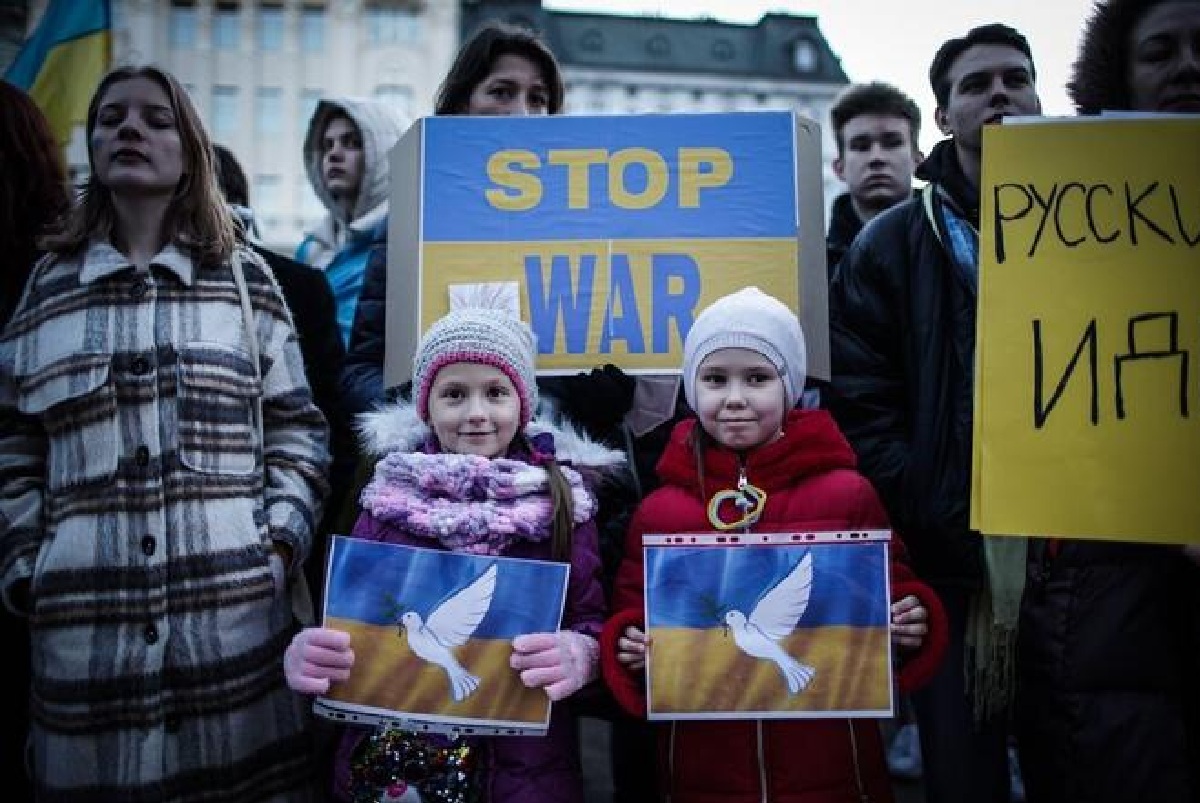A world on fire: Israel Ellis’s ‘Wake Up Call’ demands we listen
- Update Time : Saturday, May 31, 2025

In a searing account of October 7 and its aftermath, Israel Ellis exposes the roots of global antisemitism and the perilous crossroads facing Western society
In the crowded landscape of books on the Israeli-Palestinian conflict, few land with the urgency and moral clarity of Israel Ellis’s Wake Up Call: Global Jihad and the Rise of Antisemitism in a World Gone MAD. Written in the immediate aftermath of the October 7, 2023 Hamas terror attack, Ellis’s work is not just a chronicle of tragedy, but a passionate plea for the world to recognize the resurgent threat of antisemitism and the larger ideological battle now raging in the West.
From the outset, Ellis’s voice is both deeply personal and fiercely analytical. The book opens with an anecdote in a resort town, where an ordinary exchange between Jewish strangers—“Shalom”—is tinged with a new, chilling secrecy. “Is this where we are?” Ellis asks, “Jews needing to secretly identify themselves to other Jews in such a clandestine fashion?” This moment, he writes, “committed this book to me,” marking Wake Up Call as a work born not of scholarly detachment, but of lived fear and responsibility.
Ellis’s narrative is anchored in the horror of October 7, when over 1,200 Israelis were murdered and 251 kidnapped in a meticulously planned Hamas assault. He refuses to let readers look away from the brutality: “This book is the frustration, the anguish, the record of the bizarre dissonance of a world gone mad and the exposure of hate.” The visceral recounting of survivors’ stories—the mother hiding under her bed with her children as terrorists torch her home, the festival-goers fleeing for their lives, the wounded soldier calling his father to say goodbye—serves as a relentless reminder of the human cost behind the headlines.
Yet Ellis’s purpose is not simply to catalogue suffering. He seeks to answer the burning question on everyone’s lips: “How could such an attack take place? How could Israel’s defenses have failed the people of the South?” The book’s structure is built around seven key observations, ranging from the East-West battle for dominance and the rise of non-state terror proxies, to the failures of Israel’s political system and the corrosive effects of Jewish disunity.
Perhaps the most urgent contribution of Wake Up Call lies in its diagnosis of contemporary antisemitism. Ellis draws a direct line from the pogroms of 1939 to the masked protestors on today’s North American streets, arguing that “the antisemitism now rampant on the Western World’s streets and campuses did not erupt overnight.” He is unsparing in his critique of Western governments and media, lambasting the “appeasement, indifference, rationalization, and capitulation” that have allowed “Jew-hating mobs” to flourish.
Ellis’s indictment extends to the progressive left, which he accuses of betraying its own ideals. “The left has become a new religion, with a devout following, that appeals to those who will fervently grab onto its branches, in consequence to a free fall of a society that has grown to be without personal cause.” He is particularly scathing about the adoption of the Palestinian cause as a “cause celebre,” arguing that it has enabled a “monster that got out of its cage” and turned social justice rhetoric into a weapon against Jews.
This is not a book that shies away from controversy. Ellis is clear-eyed about the contradictions of Western liberalism, noting that “the movements who claim to be rallying for humanity and outwardly exclude Jews contradict their own morality.” He points to the exclusion of Jewish groups from Pride marches and the targeting of Jewish-owned businesses by the BDS movement as evidence of a selective application of progressive values1.
For Ellis, the attack on Israel is not an isolated event but a harbinger of a broader ideological war. “We must maintain a strong force to defend the Jewish State, for Israel is the world’s first line of defense against Jihadism. If Israel fails, we will all fall. There is a global Jihad coming; it will not take any prisoners, and does not have limits in its thirst to destroy and conquer.” He warns that the threat is already inside Western societies, “invited into our universities, professions, communities, and public institutions”.
The book’s urgency is heightened by Ellis’s insistence that Western freedoms—of speech, religion, and assembly—are being weaponized by those who seek to destroy the very societies that enshrine them. “The radicals are having a big party, while laughing at our enablement of them,” he writes, arguing that the West’s reluctance to confront hate speech and incitement is a fatal weakness.
What makes Wake Up Call essential reading is its refusal to offer easy answers. Ellis is unsparing in his analysis of Israeli failures—political, military, and social—and acknowledges the complexity of the conflict. He is clear that “the impossibility of the situation has created pragmatic military choices that go from worse to worst,” and that peace will require a fundamental transformation of both Israeli and Palestinian societies.
Yet, at its core, this is a book about moral clarity. Ellis’s central dichotomy—“Israel values life. Hamas values death”—is not a slogan, but a challenge to the reader: to recognize the difference between imperfect democracies and theocratic terror, between flawed societies striving for justice and those that glorify martyrdom and hate.
The book’s power lies in its combination of personal testimony, historical analysis, and unflinching moral vision. Ellis’s voice is anguished and defiant, determined to “provide context, strength, empathy, and tools, so that our pain does not become a lone person suffering in isolation.”
Wake Up Call is not just a book for Jews or Israelis. It is a warning to anyone who cares about the future of liberal democracy, about the fragility of tolerance, and about the ease with which hate can be normalized. Ellis’s final plea is for the world to “open its eyes” and recognize that “this is not about Israel. It is about the ultimate fight between good and evil. Our morals and convictions, and the freedoms and liberties fought so hard for. Do not make the mistake of looking at the events of October 7 in a vacuum. What happened on that terrible morning was not the beginning, and if we allow things to continue as they have been, it most certainly will not be the end”.
In a world increasingly defined by polarization, disinformation, and the resurgence of ancient hatreds, Wake Up Call is precisely what its title promises—a book that shakes the reader from complacency and insists that the stakes could not be higher.
Wake Up Call by Israel Ellis is a vital, urgent, and deeply moving book. It demands to be read, discussed, and—above all—acted upon.
By: Dave Gordon















